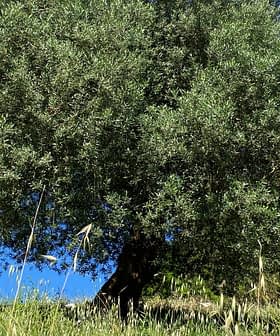Once a technique that used sound propagation for navigation or identifying submarines below the surface, sonar can now penetrate olive oil to reveal malicious adulteration. LISP (laser-induced pinging) is a process where a fiber optic cable delivers a “YAG” laser-light flash into a sample. Researchers then see how much light gets absorbed.
Scientists at the University of Missouri, in their new study highlighted the benefits of this method: “Overall, LISP offers a simple, inexpensive, easy-to-use method for measuring the speed of sound in arbitrary or unknown fluids and solutions, fostering development of rapid and reliable analytical approaches to screen for food adulteration (e.g., fraudulent olive oils) or intentional product contamination.”
While the bulk of their research focused on the purity of salt water, milk, and ionic liquids, the commercial use of the technique for consumable oil verification is the next obvious step in their research.








